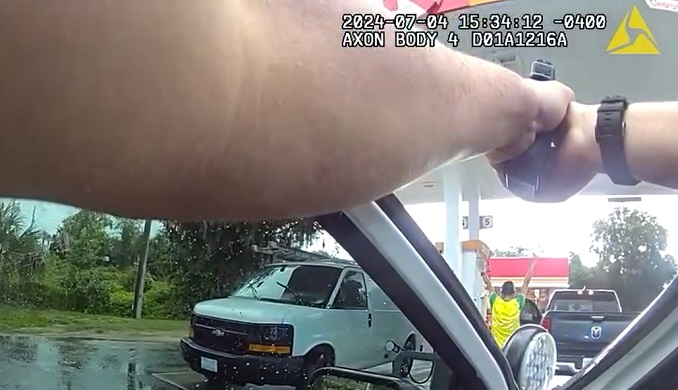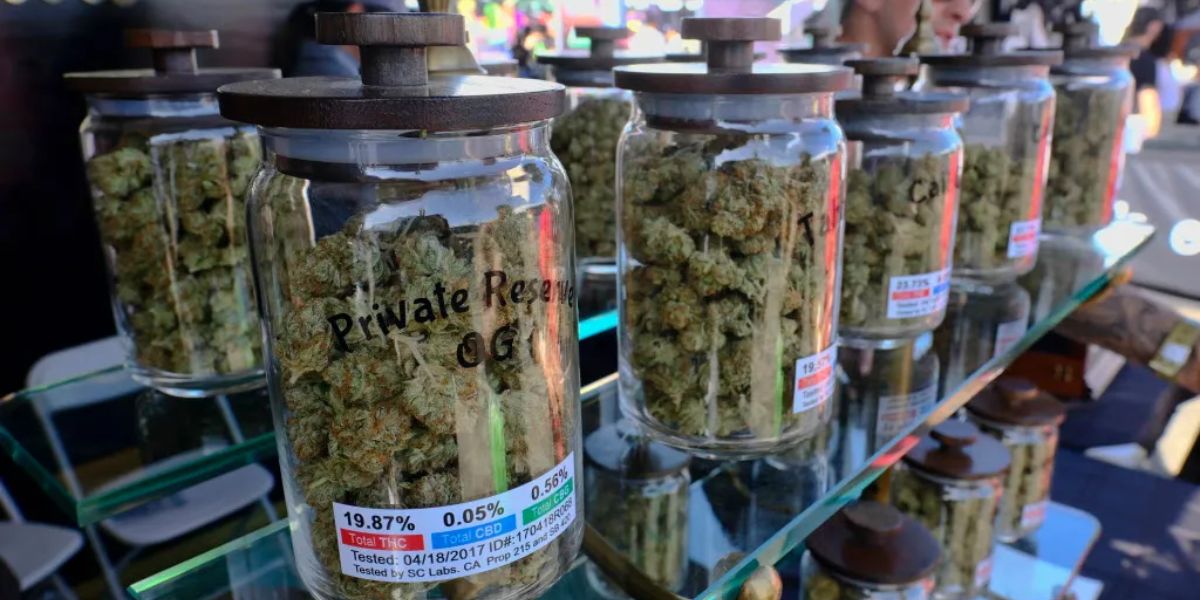High Stakes: Legalizing Marijuana Could Net Pennsylvania $1 Billion in Taxes
Legalized marijuana in Pennsylvania has the potential to generate more than $1 billion in tax revenue over the next five years, according to new research from the Independent Fiscal Office.
According to the report, if marijuana is legalized this year, it might earn $41 million in General Fund revenue by 2024-25.
According to the report, that figure rises to $185 million in 2025-26 and exceeds $250 million each year after that.
- Auto Insurance Shopping Rises in Response to Soaring Insurance Rates: Report
- Avoid These 7 Missteps When Refinancing to a Lower Mortgage Rate
- Rising Home Prices Amid Slight Mortgage Rate Dip: Analysis
- Fresno County’s Groundbreaking Initiative: $500 Monthly Payments in New Guaranteed Income Program, Here is Who is Eligible
- Unlocking Financial Freedom: 5 Reasons to Opt for Personal Loans in Credit Card Debt Repayment
“Once fully phased in, we believe $250-300 million is a very plausible number,” said Matthew Knittel, Director of the IFO.
If Governor Josh Shapiro’s proposal is approved by the split legislature, legal marijuana sales will begin in January 2025, according to the IFO research.
- Will Everyone Get a $12,000 Stimulus Check in 2024? Find Out Eligibility
- $6400 Stimulus Checks in 2024: What You Need to Know About Eligibility and Payment Dates
- IRS 4th Stimulus Check 2024: Comprehensive Guide to Eligibility and Payment Dates
- 3 Smart Moves to Make Once Your Savings Reach $50,000, Here Are Crucial Actions to Take
- 3 Effective Ways to Pay Off Student Loans on a $50K Salary or Less, Know Here!
“We’re missing out on an industry that, if fully implemented, would generate more than $250 million in annual revenue,” Shapiro stated during his February budget talk. “And our reluctance to legalize and regulate this simply encourages the criminal market and diverts much-needed law enforcement resources. “It is time to catch up.”
Currently, five of Pennsylvania’s six bordering states have legalized marijuana, either for recreational or medical purposes. Pennsylvania approved medical marijuana in 2016 under Governor Tom Wolf, but full adult-use cannabis remains stalled in the legislature.
Last year, Pennsylvania politicians campaigned for new marijuana legislation, including a decriminalization bill sponsored by Senators Sharif Street (D-Philadelphia) and Camera Bartolotta (R-Beaver, Green, and Washington).
The IFO research highlights financial obstacles that cannabis enterprises may face because marijuana remains a Schule I substance under the federal Controlled Substance Act.
The research also discusses the possible implications of regulating and taxing skill-based games, which are commonly found in pubs and gas stations. Governor Shapiro has proposed a 42 percent tax on the games.
“I think it’s time for a solution,” Shapiro said about skill games. “We can’t do away with them. “We should tax them.”
According to the estimate, Pennsylvania’s general fund revenue might be $103 million in the fiscal year 2024-25. That figure would nearly triple to $308 million in 2025-26, and it might reach $400 million in 2028-29.
“It is unclear how the proposal might impact the long-term operations of those non-profits,” according to the research. “The estimate assumes that the proposal is unlikely to impact current gaming revenues, because it simply regulates an existing activity, and does not establish a new form of gaming.”
According to Knittel, a precise estimate of the number of skill games in the market was calculated based on the number of games that could theoretically be available.
“We thought there would be about 30,000 games askew, the machines that would be taxed,” he went on to say. “We believe there are more of them out there now. But we believe that with the regulation and the 42% tax, that number will decrease.”
The Governor’s budget still relies on lawmakers passing skill games and marijuana legislation. Shapiro’s game of skill tax bill has the potential to garner bipartisan support.
“I do think there is some belief that it is time to regulate and tax games of skill,” stated Pennsylvania Senate Majority Leader Joe Pittman (R-Armstrong, Indiana, Jefferson, and Westmoreland) when questioned about games of skill tax earlier this year.
The Independent Fiscal Office, a not-for-profit organization, “provides revenue projections along with impartial and objective analysis of fiscal, economic and budgetary issues to assist Commonwealth residents and the General Assembly in their evaluation of policy decisions.”
“We don’t come out and say whether the policy is good or bad or the pros and cons of the policy,” Knittel said. “We just try to stick to the numbers.”











